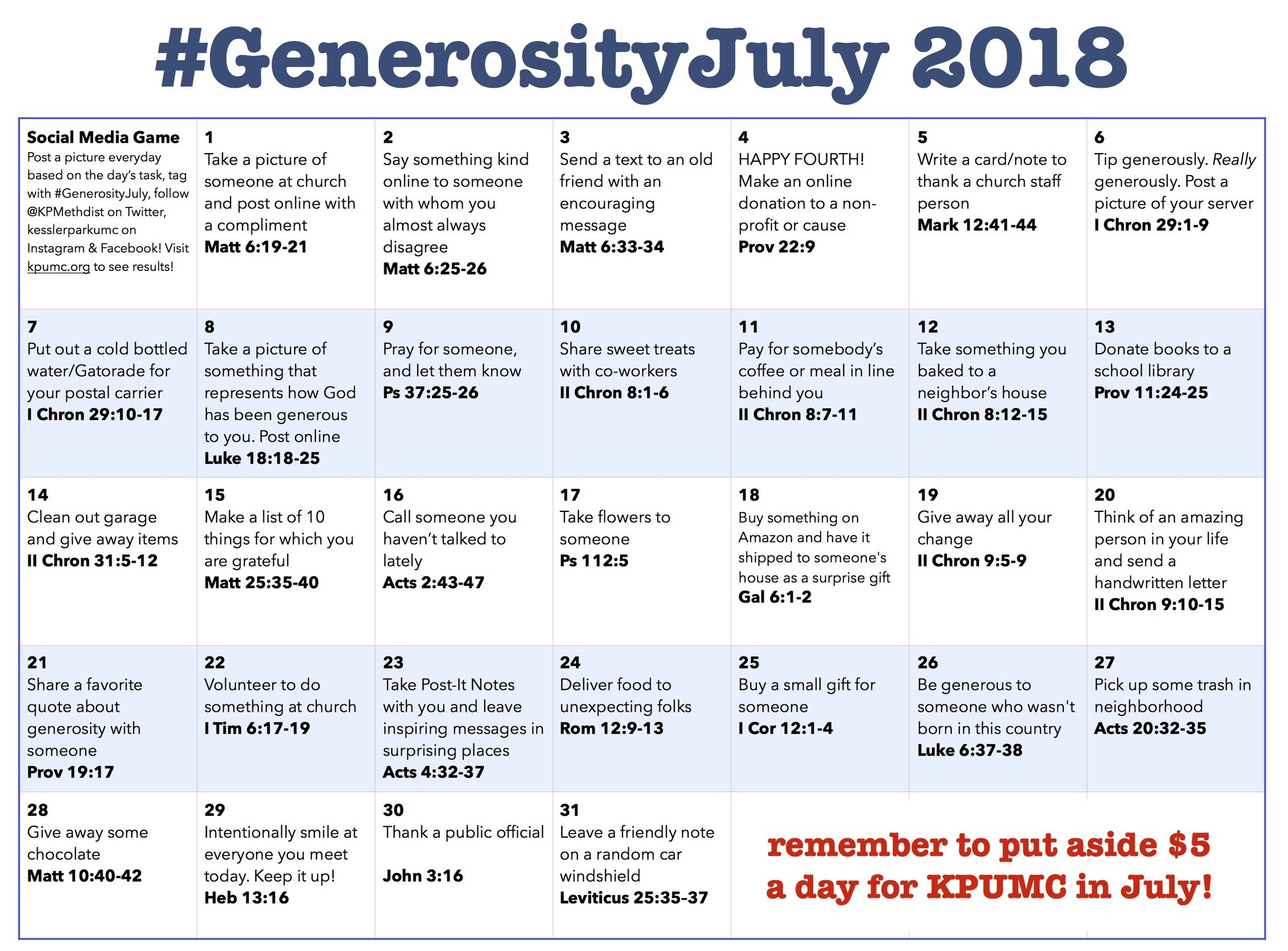Discernment and Dreams
/How do you make important decisions?
Not what you’re going to wear in the morning or what to fix for dinner, but the big questions of your life. For example, how do you decide where to live or what person to marry, or even when it’s time to move on in your job?
These are matters that can’t be left up to chance; you have to engage and invest some energy into making such decisions.
Ironically, the early Christians seemed to make at least one major decision in an entirely random way. In Acts 1, the disciples “cast lots” to replace Judas Iscariot in the inner circle. Scholars don’t know exactly what it meant to “cast lots” but it was likely akin to flipping a coin or choosing straws of different lengths.
But the disciples didn’t make decisions like this for very long, because in the next chapter of Acts, they were filled with the Holy Spirit, and this changed the way they went about things. To be “filled with the Spirit” means that one has the very presence of God in one’s being, which means that each one of us can access God’s wisdom. Each of us can seek God’s will for our lives.
We call this practice of listening to the Spirit “discernment.” Sister Mary Margaret Funk wrote, “This is discernment: to sort our thoughts and follow the impulse of grace given by the Holy Spirit … We learn to listen to the voice of the Holy Spirit rather than our own voice, self talking to the self. The voice of the Holy Spirit is a dynamic voice that we hear and heed through our interior senses.”
Throughout the centuries, Christians have offered and embodied a number of different ways to understand and develop a discerning spirit. St. Benedict offered instruction on discernment in his “The Rule of St. Benedict”; St. Ignatius did the same in his “Spiritual Exercises”; Quakers introduced Clearness Committees to help persons find clarity in their vocation.
Discernment is not just for individuals, however. Groups can also approach God and ask for direction. In fact, using spiritual discernment for making decisions in a church setting is probably a much better process than the way we usually do things.
Thanks to U.S. Army Major Henry Martyn Robert, most of us do things in an extremely parliamentary way. Robert’s Rules of Order predominate most church meetings, regardless of denomination.
While Robert’s Rules of Order are helpful in all sorts of settings. They ensure that everyone has the right to be heard, and insist that things be settled democratically. Majority rules for Robert, as long as the correct procedure is followed.
But Robert’s Rules were not designed to hear, or respond to, God’s voice. In this matter, they are only helpful insofar as each person in the meeting is also hearing and responding to God’s voice.
Of course, the truth is that, using Robert’s Rules of Order, rarely is everyone able to agree on what God’s will is. In the end, Robert insists on a vote, and when there’s a vote, there are winners and losers.
Authentic Christian community is not about winners and losers, but it is about compromise, mutual subjection, and humility. I believe that there must be a better way to go about answering the difficult questions — and there is. It goes by the name of group spiritual discernment. And it’s not simple … or easy.
The practice of group spiritual discernment creates a sacred space where people can listen for God’s voice together, as well as listen to each other intimately and intently. The group enters into the space with a confidence that God will speak and lead the group to consensus. Consensus is not the same thing as a unanimous vote, nor does it mean complete agreement. It simply means that the group has agreed to move forward in a particular direction, and that all are on board to support that movement.
I’m currently doing quite a bit of reading and research on this model, because I am convinced that it is an excellent way to go about pursuing God’s will. In fact, I’m using a group spiritual discernment model for a new task force which meets this Sunday night to discuss the long-term future of the church building and property.
I can’t wait to see what God reveals to us, because God’s dreams are always bigger than our own. The key is learning to dream God’s dreams …




